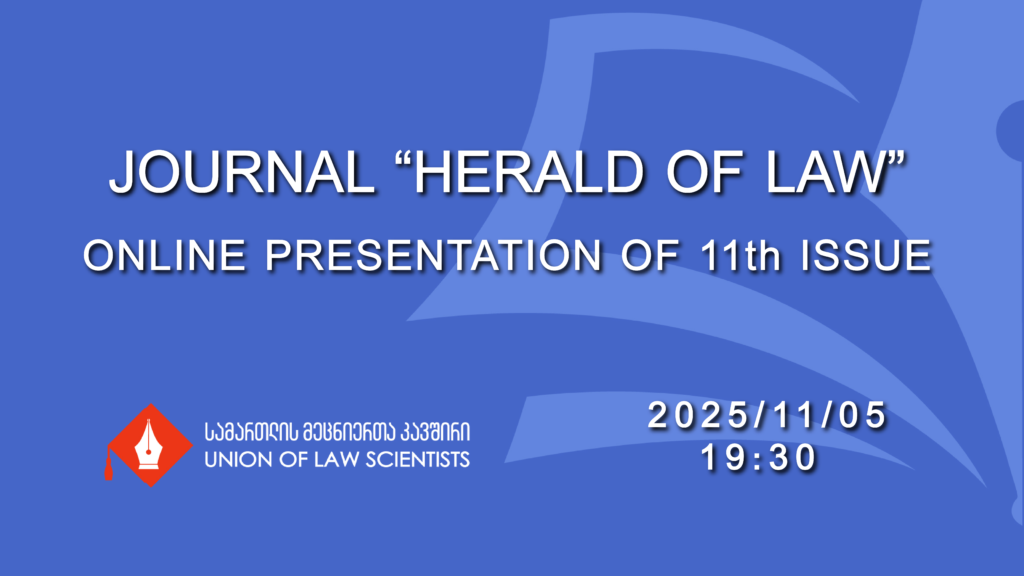The effect of the insolvency regime on the contractual relations of the parties
Abstract:
This article examines the trustee’s authority over contracts during insolvency proceedings, with a focus on the Georgian legal framework and comparative perspectives from international practices. It highlights the trustee’s pivotal role in determining the fate of existing agreements, balancing the need to preserve the insolvency estate while safeguarding the interests of creditors, debtors, and other stakeholders. Key issues discussed include the scope of the trustee’s authority to terminate contracts, the implications of ipso facto clauses, and the treatment of labor contracts under insolvency law.
The analysis identifies significant gaps in the Georgian Law on Rehabilitation and Collective Satisfaction of Creditors, such as the absence of clear procedures for contract termination and guidelines for damage claims arising from such actions. Drawing on practices from the U.S., Germany, and Spain, the study underscores the importance of detailed regulations for enhancing procedural efficiency, ensuring predictability, and fostering equitable outcomes. Additionally, it explores the protection of workers’ wage claims during insolvency, emphasizing the alignment of Georgian law with international labor standards set by ILO.
The article concludes with recommendations to refine the Georgian insolvency framework by introducing clear provisions for contract termination, establishing mechanisms for resolving disputes and balancing the interests of employees, creditors, debtor and other parties. These reforms aim to enhance the effectiveness and fairness of insolvency proceedings, aligning national law with international best practice.
Keywords:
Insolvency, Debtor, Creditor, Insolvency Manager, Termination of a Contract










